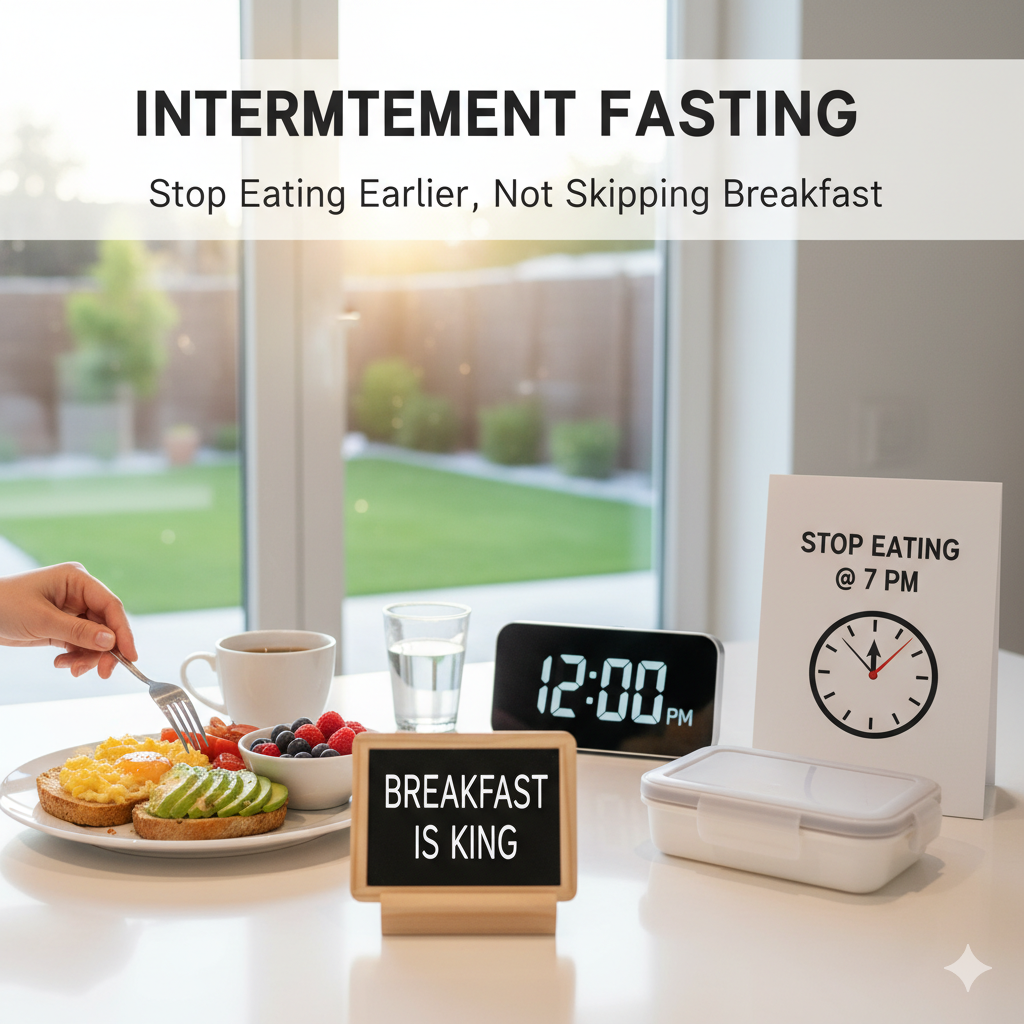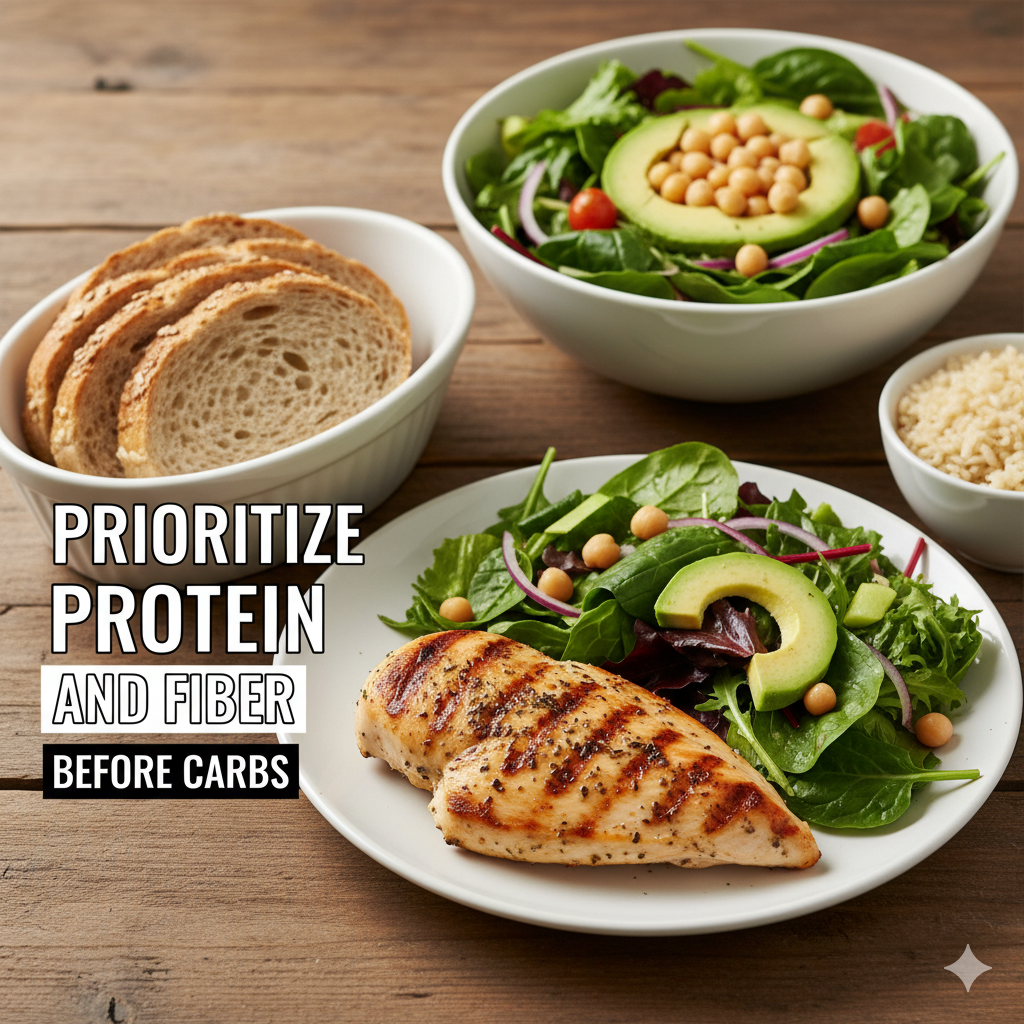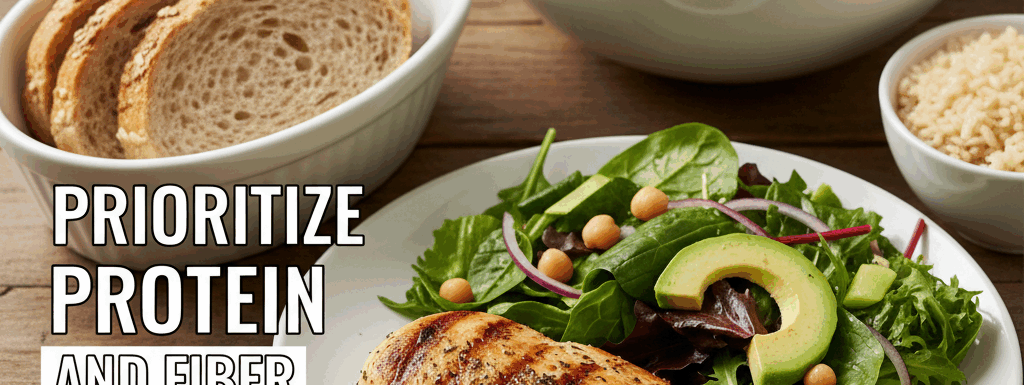8 Expert Tips from a Dietitian, Educator, and Author with Type 1 Diabetes: Ariel Warren, RDN, LD, CDCES
Type 1 Diabetes (T1d) weight loss can feel impossible if you’re dealing with insulin resistance, blood sugar swings, or thyroid issues. But with the right nutrition, exercise, and diabetes management strategies, weight loss with T1D is possible and safe.” Losing weight with Type 1 Diabetes (T1D) can be challenging, but it’s possible with the right approach. Unlike general weight loss advice, T1D requires careful attention to insulin dosing, blood sugar levels, nutrition, and lifestyle habits.
If these factors aren’t managed correctly, it can lead to dangerous blood sugar swings, including hypoglycemia or hyperglycemia, which can put your health at risk. These fluctuations also make losing weight nearly impossible, because high insulin levels promote fat storage, while low blood sugar triggers overeating and cravings.
As a diabetes educator and registered dietitian specializing in insulin pumps and weight management, I’ve helped thousands of people with T1D achieve their weight loss and blood sugar goals. In this guide, I share the most effective strategies I’ve seen over the years to help you lose weight safely, maintain muscle, and keep your blood sugar stable, so you can finally see real, sustainable results.
1. Prioritize Quality Sleep for Metabolism and Blood Sugar Control
Sleep is a metabolic powerhouse, and poor sleep can sabotage weight loss and blood sugar control.
Why it works:
- Improves insulin sensitivity: Adequate sleep helps your body respond to insulin efficiently.
- Supports fat loss and muscle recovery: Growth hormone peaks during sleep, promoting muscle repair and fat metabolism.
- Regulates appetite hormones: Sleep deprivation increases ghrelin (hunger hormone) and decreases leptin (satiety hormone), leading to overeating.
What can go wrong if ignored:
- Poor sleep increases insulin resistance, leading to higher insulin doses and fat storage.
- Nighttime glucose swings can cause alarms, wake you up, and trigger stress hormones, making it harder to lose weight.
Tips:
- Finish dinner at least 3 hours before bed to stabilize overnight blood sugar.
- Address glucose obstacles before bedtime to prevent lows or highs (and disrupting CGM alarms).
- Create a calming bedtime routine to optimize sleep quality.

2. Never Skip Breakfast
Skipping breakfast may seem like a shortcut, but it can actually worsen blood sugar control and hinder weight loss.
Why it works:
- Stabilizes blood sugar: Eating in the morning reduces large spikes later in the day.
- Prevents overeating: Reduces cravings and hunger hormone spikes.
- Protects muscle: Provides protein to prevent muscle breakdown, keeping metabolism higher.
What can go wrong if ignored:
- Skipping breakfast often leads to larger post-meal spikes at lunch, requiring more insulin and promoting fat storage.
- Can cause late-night cravings and overeating, sabotaging calorie control.
Tip: Start your day with a protein- and fiber-rich meal like eggs with vegetables, Greek yogurt with berries, or a high-protein smoothie. Only eat carbs first if treating a low.
3. Intermittent Fasting: Stop Eating Earlier, Not Skipping Breakfast
Intermittent fasting (IF) can improve insulin sensitivity and fat metabolism—but timing is key.
Why it works:
- Early dinners reduce overnight insulin levels, allowing your body to burn fat while you sleep.
- Supports metabolic alignment with your circadian rhythm, improving glucose control.
What can go wrong if ignored:
- Skipping breakfast or fasting too aggressively can trigger hypoglycemia, leading to overeating and blood sugar spikes.
- Delaying food until late at night can increase insulin needs, slow metabolism, and hinder fat loss.
Tip: Try an early dinner and avoid skipping breakfast. Monitor blood sugar closely, especially during fasting windows.

4. Strength Training Boosts Metabolism and Insulin Sensitivity
Strength training is essential for T1D weight loss—it’s not just about looking toned.
Why it works:
- Builds muscle, which burns more calories at rest.
- Improves insulin sensitivity, reducing the amount of insulin needed.
- Supports long-term weight management and metabolic health.
What can go wrong if ignored:
- Without strength training, calorie-burning potential decreases, making fat loss slower.
- Muscle loss from low-protein diets or inactivity can lead to a sluggish metabolism, increased insulin resistance, and glucose swings.
Tip: Start with 2–3 short sessions per week using bodyweight or resistance bands. Focus on full-body movements to maximize metabolism.
5. Check Your Hormones: Thyroid Health is Key
Hormones affect metabolism, appetite, and insulin sensitivity.
Why it works:
- Thyroid hormones (TSH, T3, T4, reverse T3) regulate metabolic rate.
- Optimizing thyroid function improves insulin sensitivity and fat burning.
- Balancing stress and thyroid hormones supports appetite control and weight management.
What can go wrong if ignored:
- A sluggish thyroid slows metabolism, making fat loss difficult even with proper diet and exercise.
- Hormonal imbalances can lead to higher insulin needs, increasing fat storage and glucose fluctuations.
Tip: Regularly monitor hormone levels with your healthcare provider and address any imbalances.
6. Prioritize Protein and Fiber Before Carbs
The order of your meal matters more than most people realize.
Why it works:
- Protein and Fiber first: Preserves muscle, slows glucose absorption. and reduces post-meal blood sugar spikes.
- Carbs last: Prevents large insulin surges, unnecessary fat storage, reduces appetite.
What can go wrong if ignored:
- Eating carbs first can lead to rapid glucose spikes, large insulin doses, and increased hunger later.
- Big swings cause big appetite, sabotaging calorie control and weight loss.
Tip: Eat protein and fiber first at every meal. Only consume carbs first if treating a low.

7. Post-Meal Walking Helps Manage Blood Sugar and Weight Loss
A short walk after meals is a simple but powerful tool.
Why it works:
- Muscles take up glucose efficiently after eating, reducing post-meal spikes.
- Supports fat metabolism and decreases insulin requirements.
- Increases calorie burn and improves energy levels.
What can go wrong if ignored:
- Sitting after meals can worsen blood sugar spikes, requiring more insulin and promoting fat storage.
- Repeated spikes increase appetite, making calorie control harder.
Tip: Walk 10–15 minutes after lunch and dinner to stabilize glucose and enhance weight loss and reduce insulin requirements.
8. Optimize Insulin Pump Settings to Lose Weight
Proper insulin management is critical for weight loss in T1D.
Why it works:
- Reduces blood sugar swings by matching insulin to food and activity.
- Prevents over-insulinization, which promotes fat storage.
- Helps avoid repeated lows, preventing overeating and glucose rebound spikes.
What can go wrong if ignored:
- Over- or under-treating blood sugar can cause dangerous swings, increased fat storage, and poor weight loss results.
Tip: Treat lows cautiously, verify with a meter, and work with a diabetes educator to fine-tune pump settings. Relying solely on a CGM when you are low can lead you to overtreat since CGMs have a 10–15 minute lag in readings due to interstitial fluid (rather than whole blood).
Conclusion: You CAN Lose Weight with T1D
Weight loss with T1D is doable, but it requires precision. By focusing on:
- Sleep, nutrition, and meal timing
- Strength training and post-meal activity
- Hormone and insulin management
…you can lose weight safely while stabilizing blood sugar, preserve muscle, and avoid dangerous glucose swings.
Work With a Diabetes & Nutrition Expert Dietitian
I’m Ariel Warren, founder of Above Diabetes, and I specialize in Type 1 Diabetes, insulin pumps, nutrition, exercise, and weight management. Through telehealth, we provide personalized care, accepting many insurance plans, so you can achieve your weight and glucose goals safely.

Schedule with Ariel Warren – Take Control of Your Diabetes and Your Life
Schedule a personalized consultation with Ariel Warren, Registered Dietitian and Certified Diabetes Educator, living with Type 1 Diabetes since 1995. Ariel specializes in insulin pumps, advanced diabetes management, nutrition, exercise, and weight loss.
We work through secure video calls, making it convenient to get expert guidance from home. Many insurance plans cover our visits. Usually just a copay or completely free!
Ariel will help you create a customized plan to stabilize your blood sugar, optimize insulin use, improve your metabolism, and reach your health and weight goals with diabetes.
Take control of your diabetes and live your best life. Book your appointment with Ariel today!

